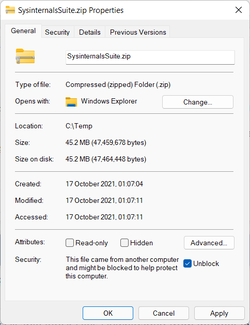Both are valid arguments. But. there is also another factor to consider.
The use of an application repository / app store also allows the store owner to control how apps are developed and pushed to users. I don't mean automatic updates, I mean from a centralized location, with defining structure, and with the disallowing of potentially problematic procedures and such that the end user will have no idea how to fix. For the average user (not any of us in here, for the most part - I'd not call the vast majority of people in here since the beginning average by any means) software should just work. Having to hunt down little issues and troubleshoot them is not what most users want. App repositories and app stores help minimize that aspect of manual installs as you get what you need for your system without the user having to go hunt it down on their own.
Yes, manual installs are clearly capable of doing that as well. But they also have to be coded correctly to do it correctly - instead of brute-force installing a required runtime, the app should check to see if the run time is already installed, and only install if it is not installed - but not all apps do this, some just brute-force install. You might say "But how is this a problem?" And I would respond that if the installer is brute-forcing an installation of an older version, and you already have a newer version / update for the run time, that other apps are specifically looking for, and it gets over-written by the older, until another process can apply the update again, other apps may (temporarily) be broken.
But in order to be a store app / repository app, the application dev has to follow certain rules to make the app system compliant - like, say, not brute-forcing the install, but only installing / calling for the install when necessary.
This is but one tiny example of why these repositories and stores make sense. They also provide for more direct monetization fo application by devs, with the owners getting a cut, of course, which devs and users might think is unfair - but the app stores and repositories also provide hosting, versioning, pre-req compliance and a whole slew of other things that the dev no longer has to worry about (and, for the most part, code for), so an argument can be made that the cut is only fair also. Personally, I don't have a say one way or another, because similar arguments can be made that the cuts are also unfair, particularly for apps that don't make a lot / cost a lot.
But I can bet one thing: more users out there, particularly the less savvy ones, would prefer to have the Store manage it all - because of all the things they now no longer have to worry about themselves. Compatibility, pre-requisites, updating, etc.








